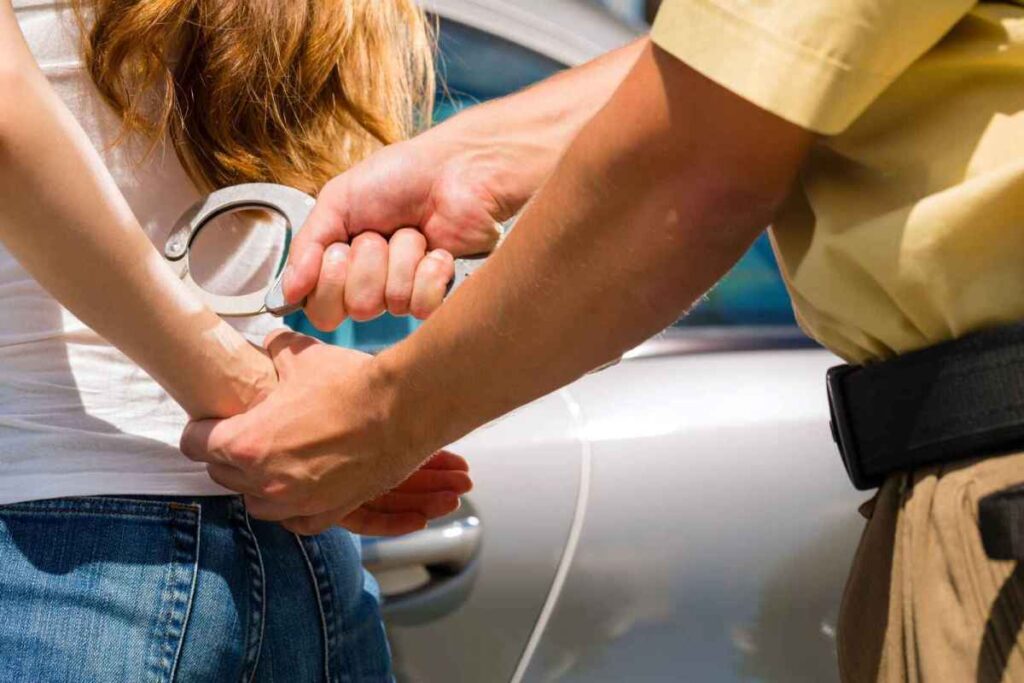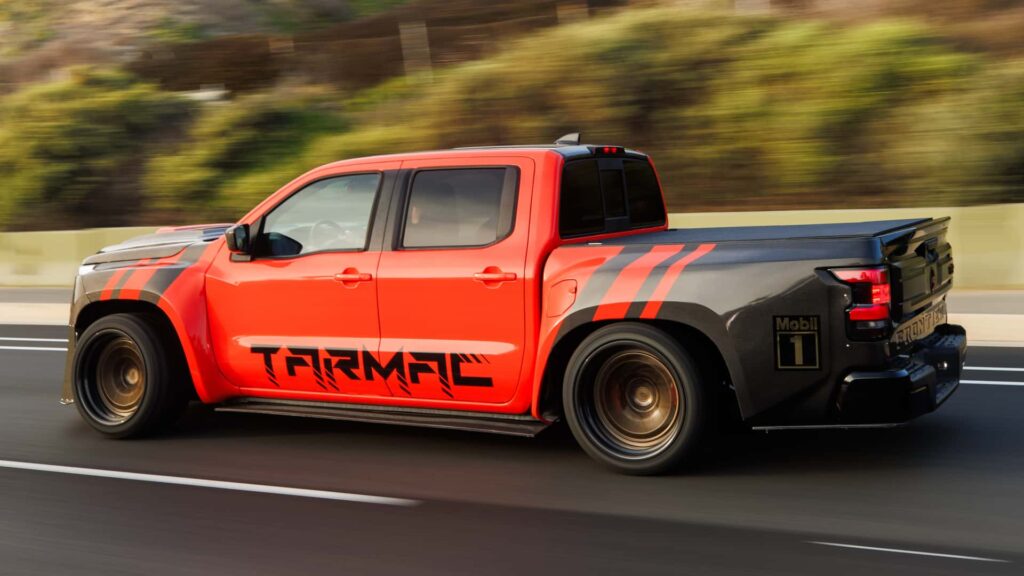
Imagine you’re watching an argument between cops and a driver in a flashy McLaren. Then you see officers drag the guy out, slap him in handcuffs, and pin him to the pavement. “Wait…is that NFL player Tyreek Hill?”
It was. Miami Dolphins wide receiver Tyreek Hill got pulled over right outside Hard Rock Stadium hours before a game. Police claimed he was driving recklessly. When Hill didn’t roll his window down far enough, they yanked him out of the car and cuffed him.
Hill’s teammate, Calais Campbell, stopped to check on him—and ended up in handcuffs too. Both were later released without charges, leaving fans and lawyers questioning what just happened.
The officer safety loophole
Police didn’t arrest Hill. Instead, they used the “officer safety” loophole to detain him. This trick lets officers handcuff someone if they claim it’s necessary for safety—even if they don’t have enough evidence to make an arrest.
“It’s perfectly legal for police to use handcuffs during a Terry stop to investigate, even if they never charge you with a crime.”
– Attorney Andrew Flusche
Attorney Andrew Flusche explains: “Officers can temporarily detain you if they have reasonable suspicion that criminal activity is afoot. And yes, they can use handcuffs if they feel it’s necessary for safety.”
The problem? Reasonable suspicion is vague, and officers often stretch it. And here’s the truth: officers can even use handcuff to punish someone for not cooperating—like refusing to roll down a window. And they may even use handcuffs for something worse.
You see, once police officers have handcuffed you it’s natural to assume you’ve been arrested. And most folks will agree to any further searches officers say they’re going to do, or volunteer to do a roadside breathalyzer or field sobriety test. Police don’t want you to know that until you’re arrested you can still refuse.
What should you do if handcuffed?
Don’t panic, and don’t let the cuffs intimidate you into surrendering your rights. Here’s how to handle the situation:
- Stay silent. You’re not required to answer questions.
- Refuse searches. Police need probable cause or your consent to search your car. Don’t give it.
- Refuse tests. In most states, you can say no to a roadside breathalyzer or field sobriety test while being detained—just like you can refuse a search. Once arrested, however, you can be required to take a test.
- Ask if you’re free to leave. If not, ask why you’re being detained.
Flusche advises that you don’t resist. You can ask once why you must step out of your car or why you are being handcuffed. But if police refuse to answer, you don’t want to upset them further, “This isn’t the time to argue. Let your lawyer handle it later.”
Tyreek Hill walks free–but raises questions
Hill told reporters he “wasn’t disrespectful” to the officers. Whether Hill’s treatment was about retaliation, intimidation, or simple protocol, his case highlights how easily cops can use the officer safety loophole to detain someone in cuffs—without actually arresting them.
The officer involved is now on leave pending investigation, while Hill and Campbell are free. Their story is a reminder: handcuffs don’t always mean you’re under arrest, and knowing your rights can make all the difference. Hill said, “I’m just glad I made it home safe.”
Watch the rest of Andrew Flusche’s advice for when you find yourself in handcuffs in the video below:


